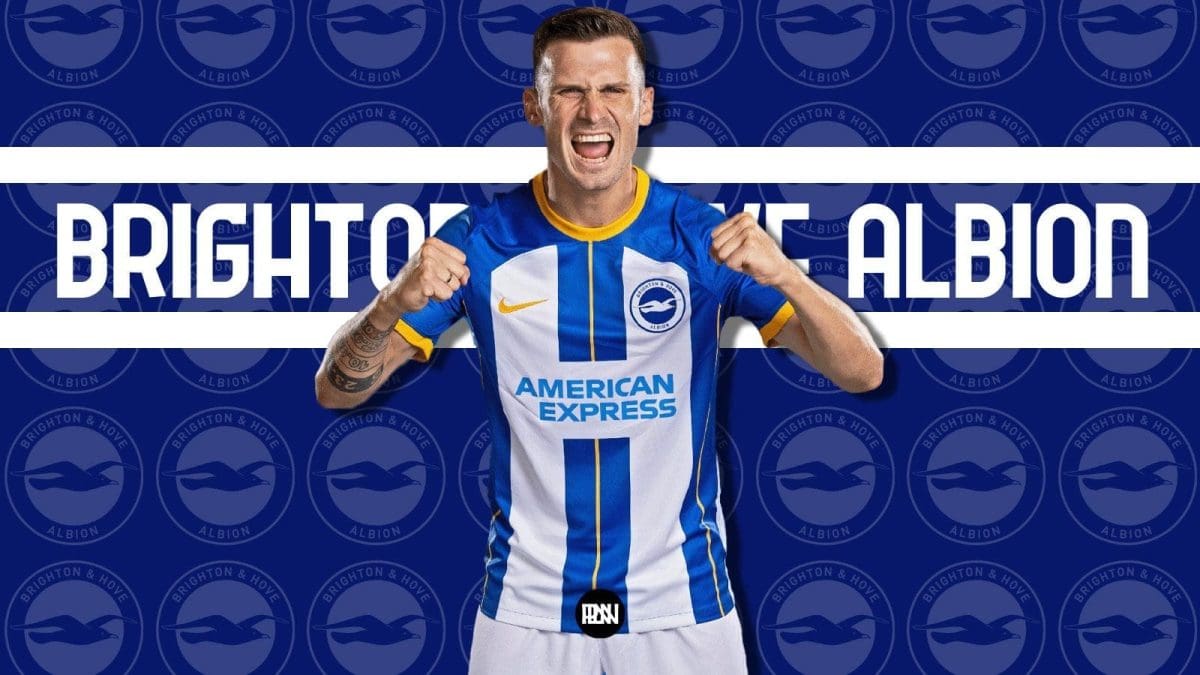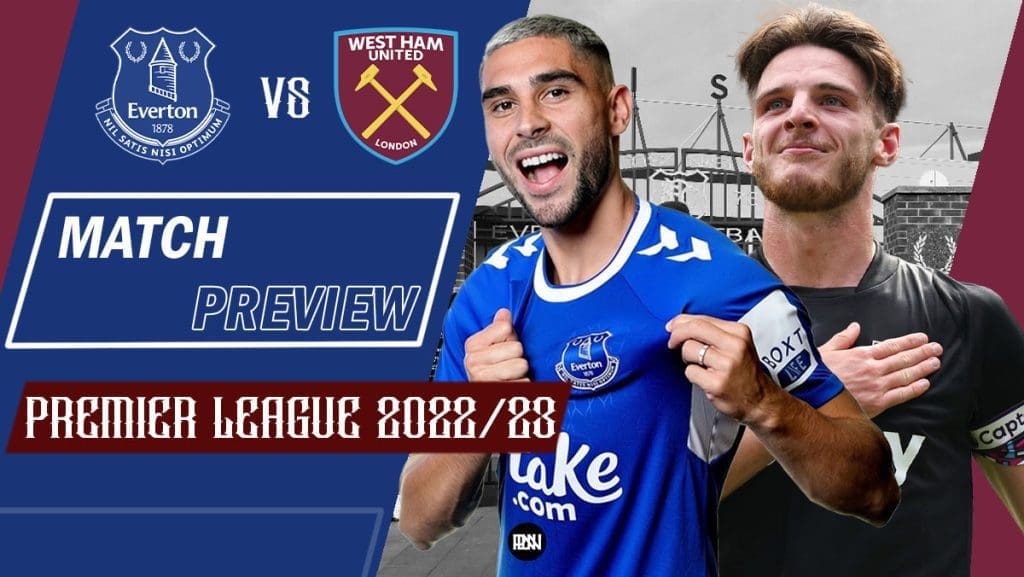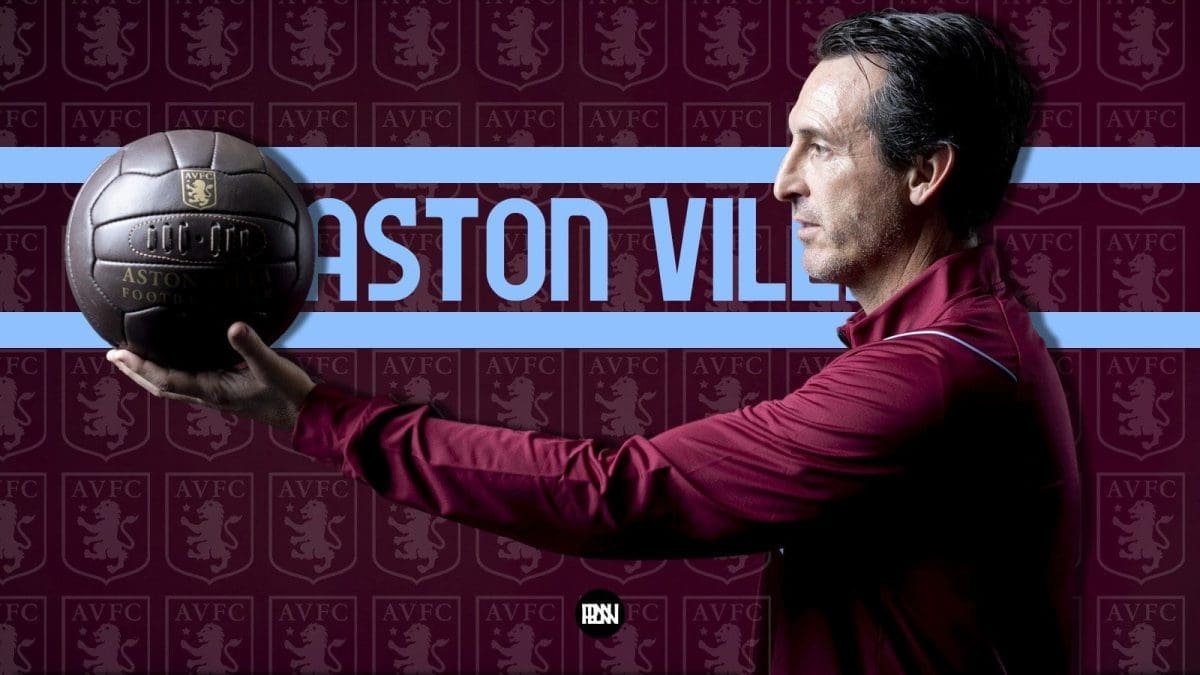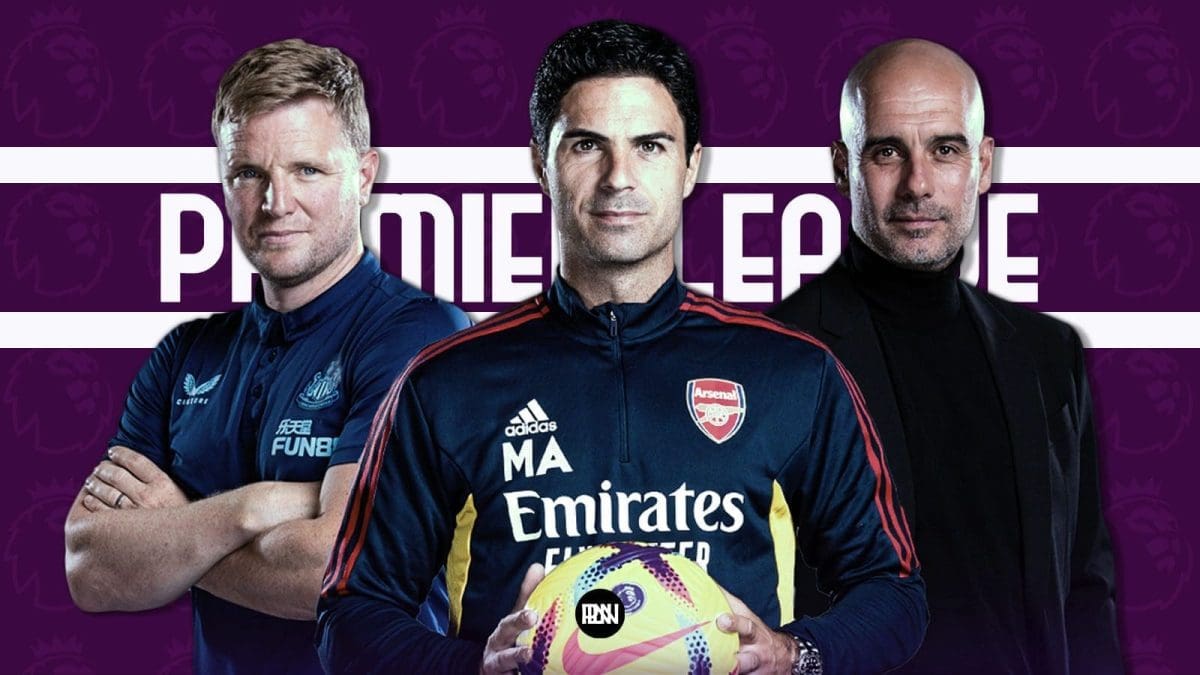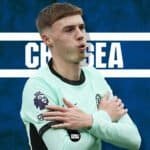The delusion of money and big money transfers have caught on a footballing trend that pushes market, strategies, and most importantly the conviction of getting somewhere that is been looked at from a flying drone sight. Backing this up means when a club with a system, undergoes change and backs its structure while augmenting their performance – it ought to be highlighted and talked about. This is where Graham Potter brought Brighton & Hove Albion to, from a mere contender in the Championship to looking in the eye of most elite clubs in England and that can be corroborated with how the best betting sites look upon the Sussex based club. Though Potter has moved on from his position at American Express Stadium – he has left behind a squad that is balanced enough to make strides this season with technical movements smart enough to take opponents by surprise complemented by a stellar defensive record bettered only by Wolves.
One of the predominant factors in Brighton’s success over the years has been Pascal Gross, an ever-standing stonehenge fronting massive vicissitudes around the club. His presence has been soothing and this season has just backed how influential he has been with three goals and a couple of assists this season having featured every minute of the campaign so far.
So let’s see why Pascal Gross is so integral to Brighton’s colossal start to the season by analysing his goal involvements over the games:
Pascal Gross & the Runs from deep:
All of Pascal Gross’ goals this season have come from being on the end of well-timed runs from the deep, often utilising the blindside of the defenders to create space to shoot. In fact, the xG of shots from such runs account for nearly 22% of Brighton’s open play npxG this season, underlining his importance. (Source: Understat)
The first goal against Manchester United starts with a beautiful flick-on by Pascal Gross to Moises Caicedo under pressure.

Caicedo runs forward with the ball and passes to Leandro Trossard. Meanwhile Gross has continued his run towards the blindside of the left-back. Trossard passes to Danny Welbeck, who runs in behind the Man United defence. Gross notices that the left-back is attracted towards the runner in front of the box and uses his blindside to enter the box uncontested.

Untracked Pascal Groß now finishes off the move from a Welbeck pass across the goal mouth.

The second goal is again similar to the first one. This time Gross carries the ball on a Brighton counter and lays it off to Adam Lallana.


He continues the run into the space vacated by the right-back who has inverted, leaving the flanks free. Fred is slow to react to the initial shot and Gross slots it home.

The above two goals are examples of linking up play and running into the box to finish off the move.
The winning goal against Leeds United is another example of how well he times his runs from deep.
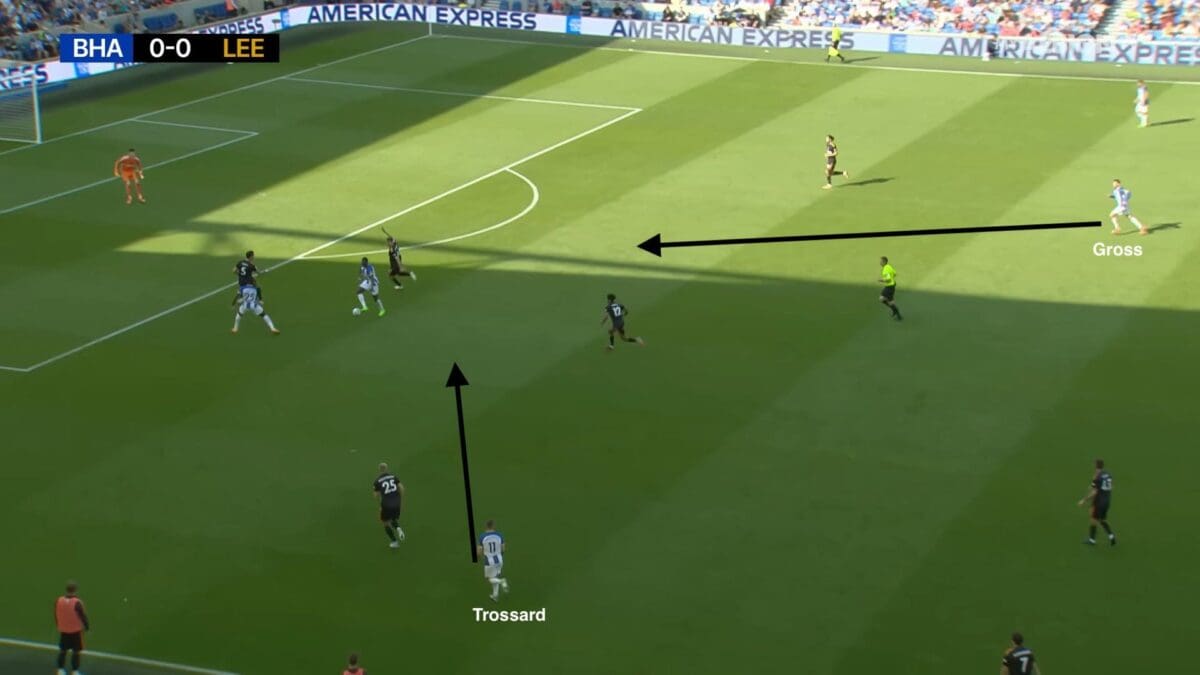
He spots the space and asks for the ball to be played in front of him.

But realises Trossard has reached the ball first and quickly adjusts his run to the space left behind by the Leeds defender who is trying to block a shooting chance for Trossard.

You know what happened next – He scores the game’s only goal.
Final ball:
Gross has been the creative hub for Brighton, vital in converting possession in the final third to chances, something which they struggled for large stretches in the previous season. As per FBRef, he leads the team in key passes (passes that lead to a shot).

The second goal against West Ham is a fine example of his quick one-touch passing to release runners into space. Gross spots the run of Trossard and gets ready to receive from Alexis Mac Allister.

But he realises the West Ham CB is behind him and so plays a quick flick to release Trossard, who gets into a one-on-one with the GK and scores the goal.
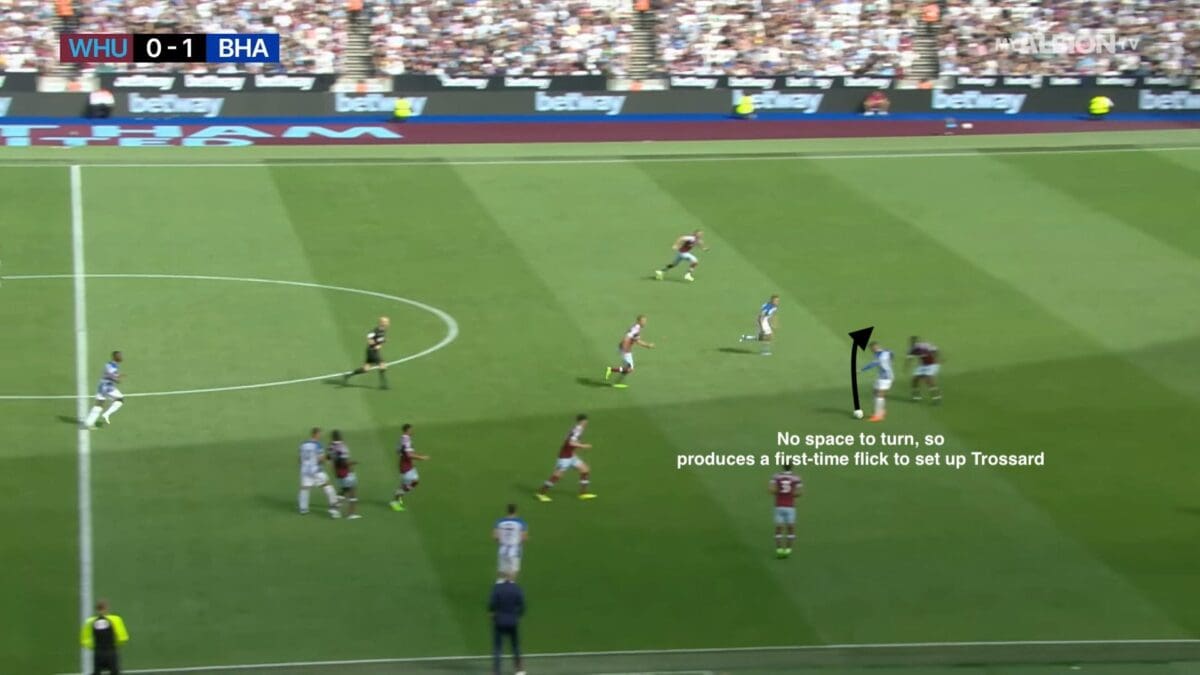
For the third goal against Leicester, Mac Alister wins the ball back from a second ball and plays it to Pascal Gross. Leandro Trossard is now ready to make a run off the last line of defence.
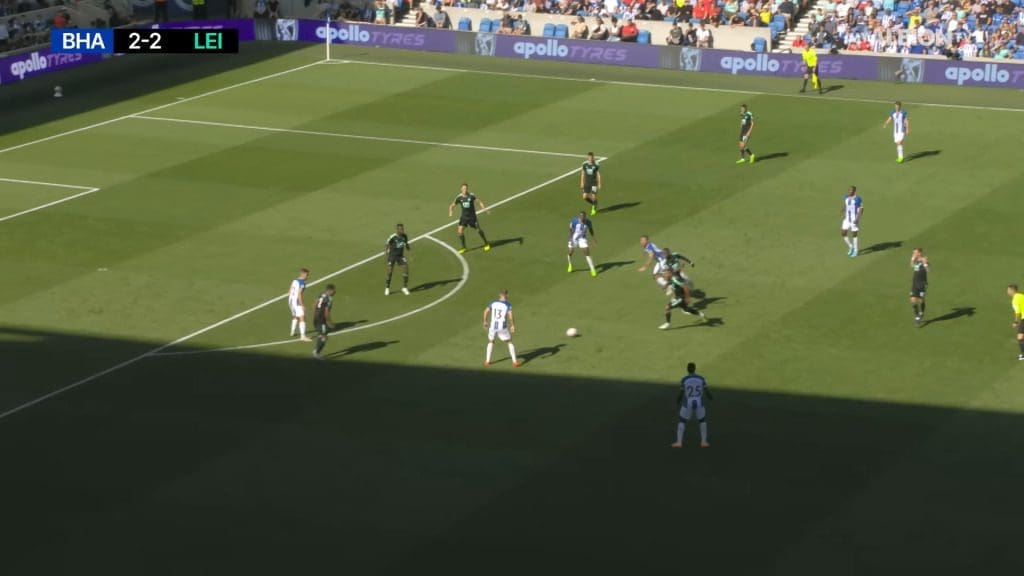
Though he has the option to play the pass with his right foot, he lets the ball run thereby attracting the defender.

He then plays in Trossard who is now free to score the goal that puts them back in the lead.

Switches :
Gross often rotates with the right-sided WB and finds himself on the flanks. Against defences that stay narrow, he switches the ball to the far side wing back which stretches the defence horizontally. This is also reflected in the stats where he leads the team in switches attempted.

Here the Leicester back four is pinned by the two central attackers and the WB March on the overlap. This creates space near the far post for the opposite WB Trossard to run into.

Gross then switches the ball to the far side wing back which stretches the Leicester defence. Trossard has space to cross the ball and other wingback March, who has underlapped and reached the 6-yard box , finishes the move
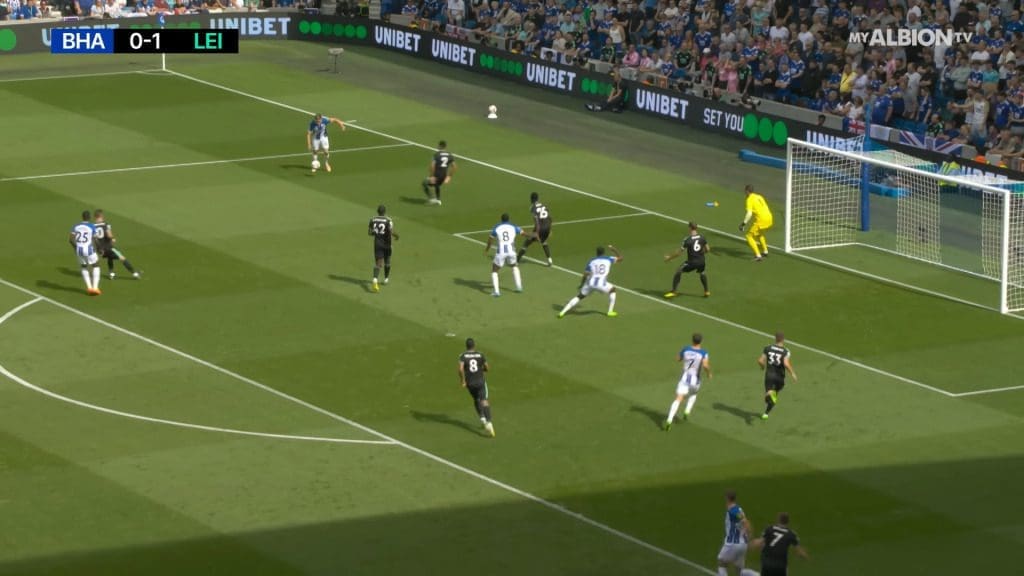
Long balls :
Gross also often attempts long passes utilising the runs in the channel. As per FBRef, outside of the centre-backs and the goalkeeper, Gross leads the team in long passes attempted.

For the penalty won by Brighton to score the 4th goal, Gross receives the ball inside his half and spots the run of Trossard.

He plays in a gorgeous ball over the top, bypassing the entire Leicester defense. Trossard wins the penalty after Ndidi brings him down.


Simple but effective play.
Conclusion
Brighton are going through a period of uncertainty with vital members of the staff leaving along with Graham Potter. Several managers – De Zerbi, Kjetil Knutsen, Nathan Jones and Steve Cooper – have been linked with them so far but with no concrete signs. One thing is certain – If Brighton have any chance of making the Europa League spots – it is vital that the new manager utilises Gross’s talents to the fullest extent and beyond so – it’s vital to realise the talent he possess and how exquisite he is to the club, to the city, and German football. Underrated.


